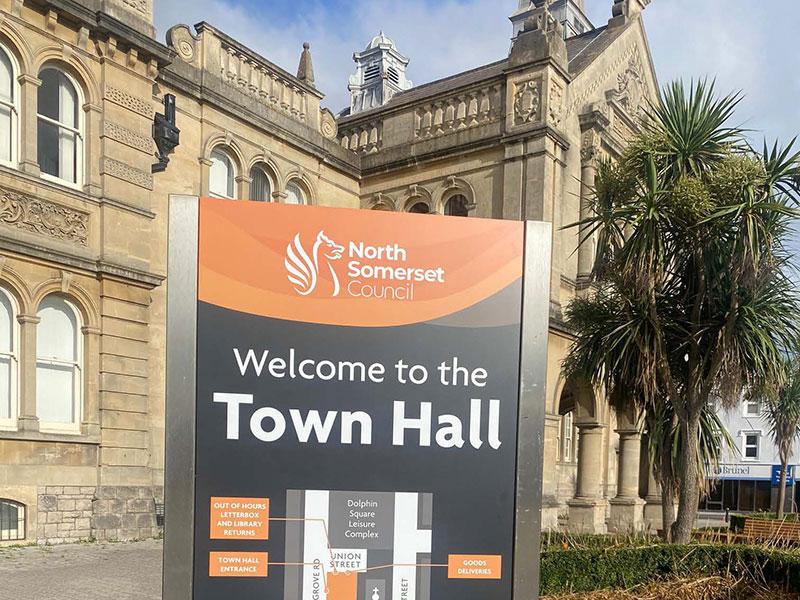Despite repeated lobbying of government ministers and MPs, the council's calls for fairer funding for local government have not been heard, leaving North Somerset Council, and councils across the country, in an increasingly challenging financial position.
Cllr Mike Bell, Leader of North Somerset Council, said: "We'd hoped for better, but sadly I am not surprised that local government's requests have been ignored. We, alongside councils across the country as well as many other organisations fighting for adequate funding, have been ignored.
“The reality for councils and the communities we serve is that demand for services is going up, the cost of providing services is at record highs and cuts from central government are also at record highs. The budget today has done nothing to change this equation and our communities will pay the price.
“We also hoped to see more long-term investment in our local services and infrastructure in this national budget. We know that our roads and pavements need more cash, our transport infrastructure needs an upgrade and our dental and GP services are under immense pressure.
“North Somerset is a growing community and we want to aim high in delivering for local people and businesses. But to do that North Somerset and the wider West of England needs its fair share of the national cake.
“We’d hoped to hear about funding for our under pressure motorway junctions, our hospitals and to help drive economic growth in the West of England.
"All of this means that while costs and demands continue to escalate in some of our key areas of responsibility - particularly the welfare of the most vulnerable people in our communities - we will have to work harder and harder to balance the books.
"We will always look for new and innovative ways to deliver services before reducing them, but after more than a decade of austerity measures it's inevitable that some things have to give.
"Although we have set a balanced budget for the year ahead, we still need to focus effort to deliver those savings while also identifying an anticipated additional £9m for the year after that.
“We do however welcome extension of the household support fund – something we have called for, although it’s only for a further six months which is not enough to give the most vulnerable households the help they may need to navigate the current cost of living pressures.”
North Somerset councillors from all political groups agreed unanimously to approve the partnership administration's budget last month. Council tax income accounts for around one third of the council's expenditure budget. The largest amount - 40 per cent - comes from central government, but as a proportion of the council budget it is declining.
Cllr Catherine Gibbons, Deputy Leader of the Council, commented: “We are acutely aware that there are still many cost of living pressures facing local people, including council tax. We have worked hard to balance our budget and keep our council tax rates lower than many areas. However, we receive around £37 million a year less in government grants than the average council and it is impossible to do it all with that level of disadvantage.
“I and all my fellow councillors, had hoped that we would see some light at the end of the tunnel, and begin to be able to focus on the benefits of increased investment in local services for local people.
“We will not stop in our efforts to secure fairer funding, so that we have the ability to deliver what our residents deserve from us - the best possible services. The situation where councils are expected to do more and more with less and less cannot continue.”
